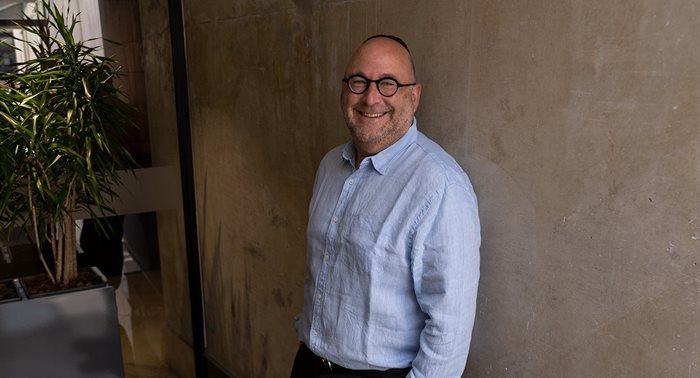
Top stories






More news














“Why?” I asked, shocked. Loadshedding is arguably one of the most serious issues the country has faced. I imagined across the country those with electricity had huddled around their TVs in order to listen to the president. And yet, in a small sample group, not one person had done so.
“Because I don’t want to be depressed,” said one. “Because I don’t trust him,” said another. Another suggested that it didn’t matter what he said, it was all just words. And a final person said that he didn’t care, as long as it was solved.
The irony is that if any speech by the president was worth tuning into, it was this one. Because after way too long, appropriate and important steps have been introduced that should change the face of the industry in a positive way.
As a rule, South Africans can be a little too complacent. Or lazy. It takes a lot to get the nation moving and to really complain. For years we have been known to accept poor service delivery and to err more on the side of understanding than on being too demanding.
Which is why it’s taken so long for a meaningful plan to solve the electricity crisis to be announced and to be put in place. The “Eskom” crisis has been one of the slowest train wrecks in history. It was first noticed in 2008 and has taken 14 years for little to be achieved, if anything. Whether it was incompetence, corruption or an unwillingness to do anything about it, the result is that the country is currently dealing with a calamity that should and could easily have been avoided.
Calls for changes to the legislation have been ongoing for years. Various potential independent power producers have attempted to enter the market and, in each case, have not been allowed to do so. A concession was finally allowed last year, but has not practically assisted, perhaps as a result of the associated red tape.
Until recently. According to the president, the government will be completely removing the licensing threshold for new generation projects. Additional power would be procured from South Africa’s neighbours and Eskom will be allowed to undertake the maintenance that is required.
“It has now been decided that over the next 12 months, Eskom will increase the budget allocated for critical maintenance to increase the reliability of its generation capacity," Ramaphosa said, “and red tape will be cut to buy spares.”
He said the point was raised by the power station managers as they detailed to him how difficult it has been for them to repair the units that break from time to time.
"Neighbouring countries in southern Africa, such as Botswana and Zambia, have more electricity capacity than they require for their economies. Eskom will now import power from these countries through the Southern African Power Pool arrangement," the president said.
"The utility is now recruiting skilled personnel, including former senior Eskom plant managers and engineers from the private sector," Ramaphosa added.
The significance of these concessions cannot be overstated. Whereas many would argue that it’s too little too late, the reality is that it is as important to acknowledge positive change as it is to complain when we are unhappy.
It is not an easy balance to achieve, especially for a country whose citizens are traditionally complacent, very used to poor service delivery and who don’t like to make too much of a fuss. The balance of the “carrot and stick” is not something that we have ever managed to achieve, and given the response, it is unlikely we ever will.
What is important is to acknowledge that the announcement of the changes is positive. But they need to be implemented. There is little value in focussing on how long they took, provided there is clear progress and the problem moves to a quick resolution.
Which is what I told those around the table. Only they were no longer listening.
